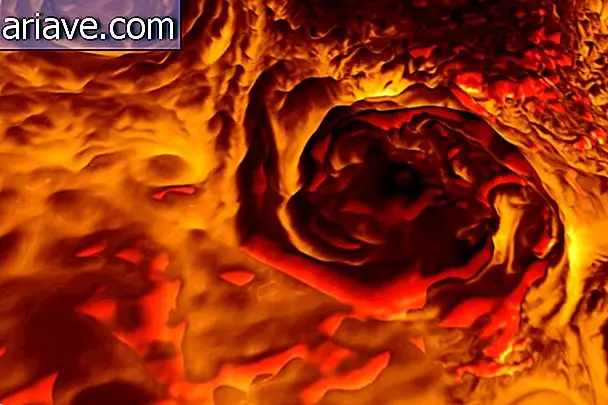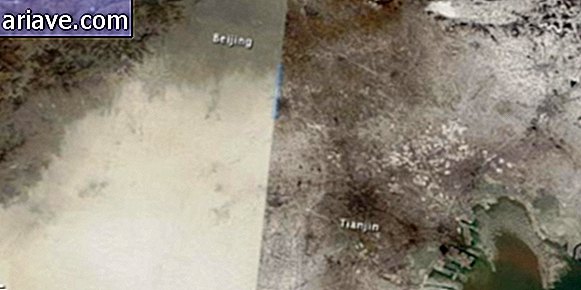How and why do we start eating fish? Chimps May Have the Answer
Researchers at Kyoto University in Japan have found that chimpanzees in the rainforest of Guinea's Nimba Mountains have a habit of hunting and eating crabs. This is the first time a nonhuman primate has done so not just for opportunism or for the scarcity of other food sources.
The discovery may help to understand how and when our ancestors began to have an aquatic diet; a change that may have ultimately led to homo sapiens.
There is evidence that about 1.95 million years ago, the introduction of aquatic animals into the diet of our ancestors, such as turtles, fish and crocodiles, intensified the development of larger brains.
"The consumed aquatic fauna probably provided essential fatty acids for optimal brain growth and function, " researcher Kathelijne Koops said in a statement.

Scholars analyzed their behavior for 2 years and documented how, especially females, raised stones and dug the mud with their fingers to hunt crustaceans, and how often they would be their main meal. They also compared the nutritional value of crabs with other available foods.

In parallel, chimpanzees ate fewer ants, one of the bases of their diets, suggesting that crustaceans play the same or even more role in their diets.

Thus, humans living in the forest could have an aquatic diet, and aquatic animals may have been a fundamental element of their diet, not just a last resort.











